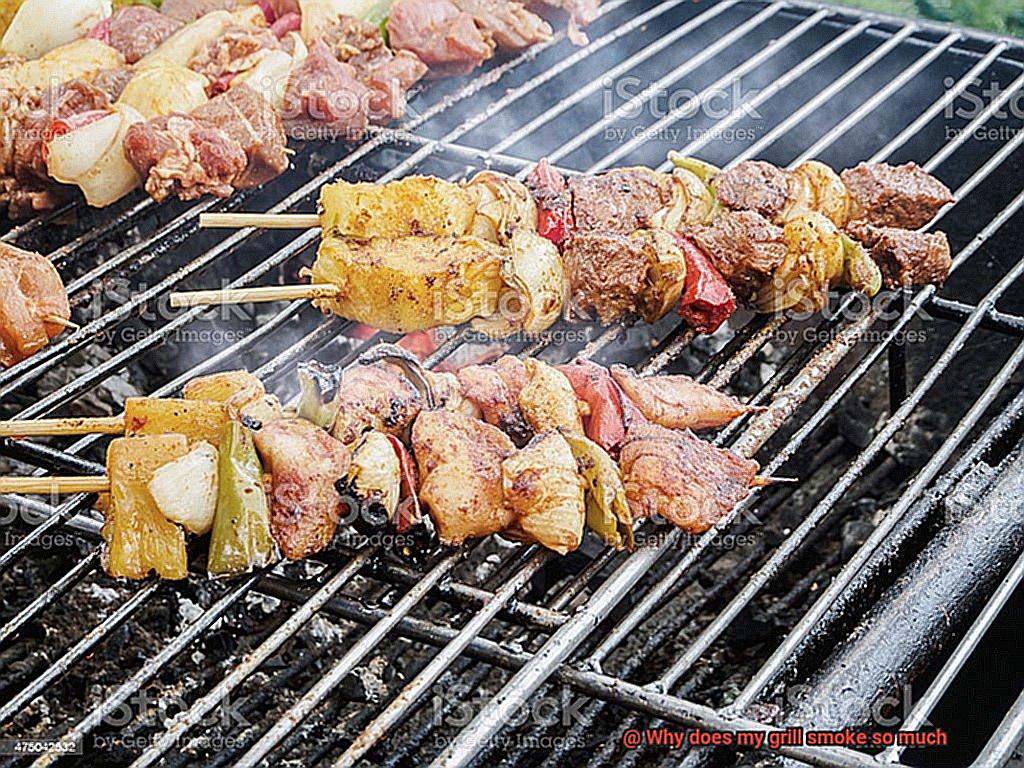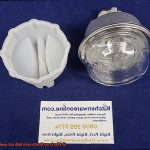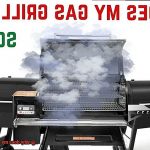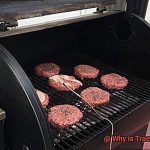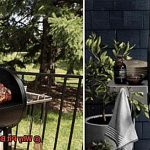Summertime is the season for backyard barbecues, but nothing ruins a good cookout like excessive smoke. If your grill is producing more smoke than flavor, you might be wondering, “why does my grill smoke so much?” Fear not, because we’ve got the answers you need to fix this pesky problem.
Whether you’re a seasoned pitmaster or new to grilling, understanding the cause of excessive smoke is essential. In this blog post, we’ll delve into the science behind smoke production and explore factors such as fuel type, cooking temperature, and grill design. But don’t worry – we won’t just leave you with a bunch of technical jargon. We’ll also provide practical tips to help reduce smoke while still achieving that delicious smoky flavor.
From adjusting your cooking temperature to cleaning your grill grates, we’ve got all the tricks of the trade covered. By the time you finish reading this article, you’ll be armed with everything you need to know about why your grill produces so much smoke and how to fix it.
So don’t let excessive smoke put a damper on your next BBQ party. With our expert advice in hand, you’ll be able to impress your guests with perfectly cooked meats and mouthwatering flavors – all without coughing up a storm.
Contents
Buildup of Grease and Food Debris on the Grates
The buildup of grease and food debris on the grates is a common culprit, particularly for gas grills. When food is cooked on the grill, juices and fats drip onto the grates, creating flare-ups and smoke as the excess grease burns off. Leftover food debris can also stick to the grates, adding to the smoke.
Luckily, preventing this buildup is easy. Start by cleaning your grill regularly with a wire brush before and after each use. This will help remove any excess debris and grease on the grates. For stubborn buildup, try using a mixture of water and vinegar or a commercial grill cleaner to ensure a deep clean.
But don’t forget about the grease tray or cup underneath your grill. Regularly cleaning it out will prevent excess grease from accumulating, which causes smoke during future grilling sessions.
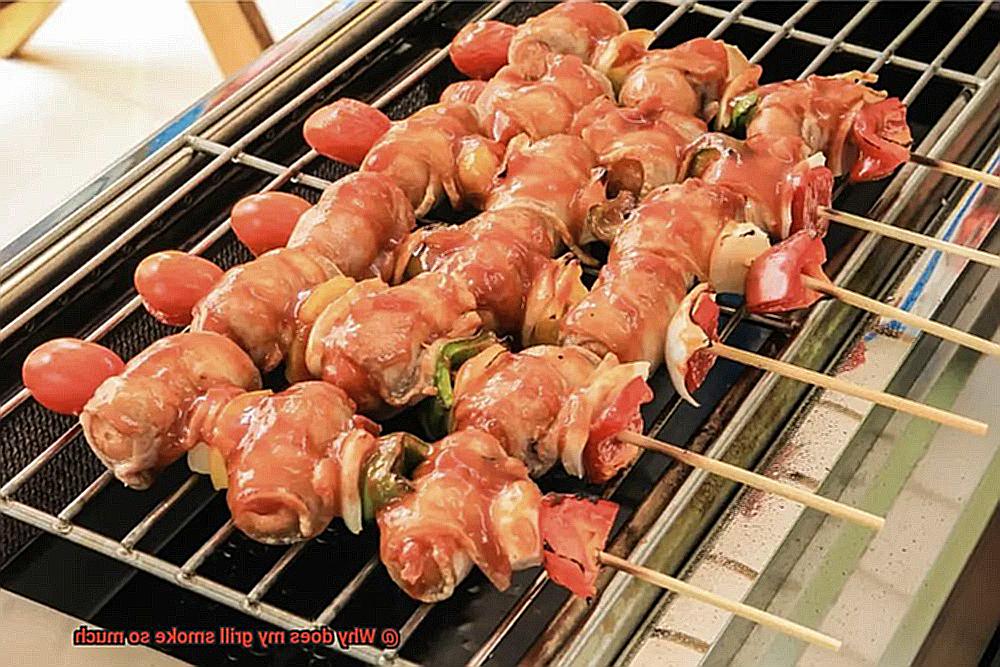
In addition to cleaning, consider fuel type. Charcoal tends to produce more smoke than gas or electric grills, so keep that in mind when selecting your fuel source. You can also reduce smoke by using dry wood chips soaked in water for at least 30 minutes before adding them to the grill.
Temperature control is another key factor. If your grill temperature is too high, drippings can burn quickly and release more smoke. Adjusting the temperature and using a drip pan to catch excess drippings can help alleviate this issue.
Lastly, be mindful of fatty meats like pork or beef, which can produce more smoke than leaner cuts like chicken or fish. Trim off any excess fat before grilling these types of meats to reduce smoke production.
Type of Fuel Used
When it comes to outdoor cooking, there’s nothing quite like the scent of smoke from a sizzling grill. But did you know that the type of fuel you use can greatly impact how much smoke your grill produces? Let’s dive into the three most common types of fuel used for grilling and discover how they each affect your cooking experience.
First up, charcoal. Charcoal grills tend to produce the most smoke due to the nature of burning charcoal. This fuel is made from wood that has been burned down to carbon, and when ignited, it produces a lot of smoke as it burns. While this can add a delicious smoky flavor to your food, it can also cause excessive smoking if not managed properly. To reduce the amount of smoke from your charcoal grill, make sure to use dry wood chips soaked in water and adjust the temperature control as needed.
Next, propane. Propane grills produce less smoke than charcoal grills because propane burns cleaner. This gas is stored in a tank and when ignited, it produces heat and flames without producing a lot of smoke. However, if your propane grill is producing excessive smoke, it could be due to drippings from the food falling onto the burners and causing flare-ups. To prevent this, make sure to clean your grill regularly and trim excess fat from your meats.
Finally, natural gas. Natural gas grills are similar to propane grills in that they burn clean and produce less smoke. This fossil fuel is piped directly into your home or outdoor kitchen and is burned in the grill to produce heat and flames. If you have a natural gas grill that is producing excessive smoke, it could be due to dirty burners or uneven heating. Make sure to clean your burners regularly and check for any hot or cold spots on your grill.
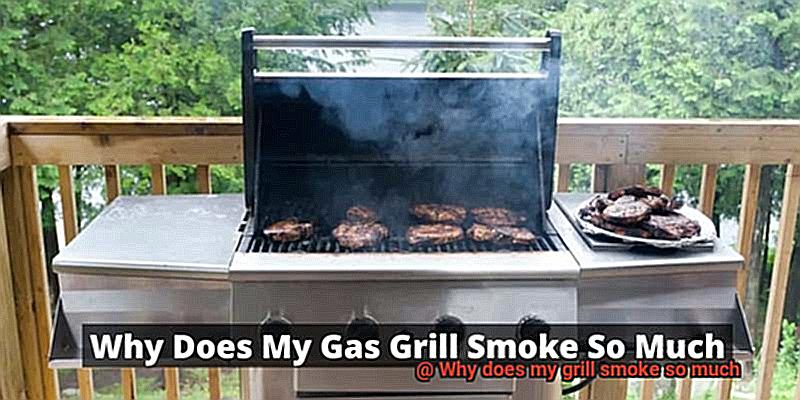
In conclusion, your choice of fuel can greatly impact the quality of your grilling experience. While charcoal will produce the most smoke, propane and natural gas will produce less but still require proper maintenance to ensure they don’t produce excessive smoke. To summarize, here are a few key takeaways:
- Charcoal produces the most smoke and requires careful temperature control and wood chip selection.
- Propane burns clean but can produce excess smoke from food drippings.
- Natural gas also burns clean but requires frequent cleaning and even heating.
Temperature of Grill
However, achieving the perfect grilled meal requires more than just throwing some food on the grill and hoping for the best. One crucial factor to consider is the temperature of the grill.
The frustration of excessive smoke during grilling can be avoided by maintaining the proper temperature range. Firstly, let’s discuss why this is essential. If your grill isn’t hot enough, your food will release more steam and moisture, leading to a lot of smoke. Conversely, if your grill is too hot, oil and fat can drip onto the hot coals or heating elements, causing excess smoke and flare-ups.
The ideal temperature range for grilling is between 375°F to 450°F. To ensure that your grill remains at this range, you need to use a thermometer to monitor the temperature accurately. This is especially important when using a gas grill. Preheat it for about 10-15 minutes before you start cooking to ensure that it is hot enough to cook your food properly and minimize smoke.
On the other hand, when using a charcoal grill, make sure that your coals are completely covered with ash before you start cooking. This ensures that they are hot enough and ready to cook your food without causing too much smoke. Avoid using lighter fluid or any other accelerant to light the charcoal as this can cause flare-ups and excess smoke.
Type of Food Being Cooked
Fatty meats such as pork or beef release more smoke than leaner meats like chicken or fish. This is because the fat in the meat drips onto the hot coals or burners and causes flare-ups and smoke. So, if you want to reduce smoke production, try trimming excess fat from meats before grilling and using leaner cuts of meat.
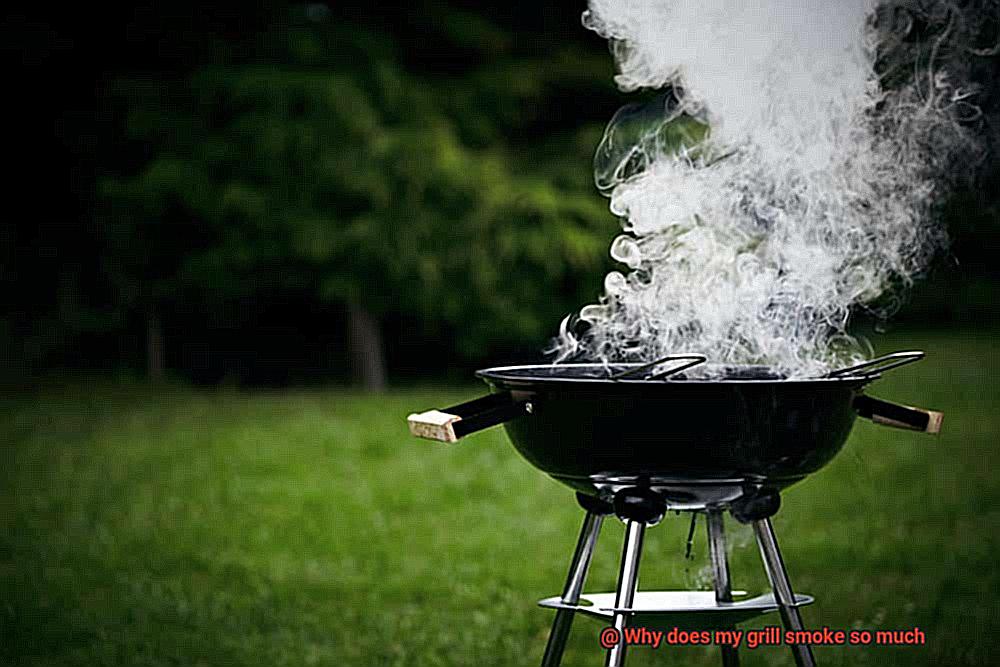
In addition to fatty meats, any food with a high oil content can also produce a lot of smoke. Foods marinated in oil or containing oil, such as salmon or eggplant, can drip onto the heat source and cause smoke or even ignite and cause flare-ups. To avoid this, try blotting oily foods dry with paper towels before placing them on the grill and adjusting the heat setting to prevent flare-ups.
But don’t let excessive smoke ruin your grilling experience. There are several ways to reduce smoke production when cooking these types of foods. Using a drip pan to catch any drippings is one way to prevent them from hitting the heat source. Another option is to use indirect grilling by placing the food off to one side of the grill and leaving the other side empty. This allows for a slower cooking process and reduces smoke production.
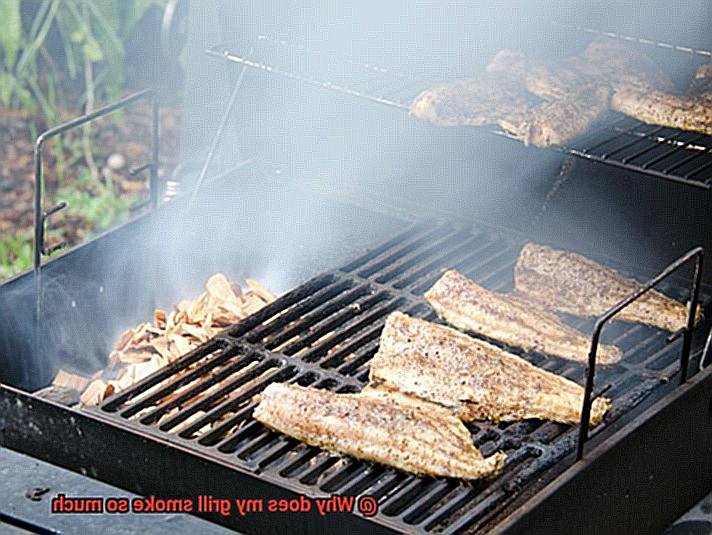
Tips for Preventing Excessive Smoke
Grilling is a fantastic way to cook flavorful and juicy food, but excessive smoke can sometimes spoil the experience. Fortunately, there are several practical tips to prevent this from happening.
Firstly, regular cleaning of your grill is crucial to prevent excessive smoke. Accumulated grease and food particles can lead to flare-ups and more smoke. Use a sturdy grill brush or scraper to remove any debris from the grates before and after each use.
Secondly, the type of fuel you choose for your grill can affect the amount of smoke produced. High-quality charcoal or hardwood pellets produce less smoke than low-quality charcoal or briquettes. Opt for lump charcoal or hardwood pellets if you want a low-smoke option.
Thirdly, temperature control is essential in preventing excessive smoke. A grill that is too hot can cause drippings to burn quickly and release more smoke. Use a thermometer to monitor the temperature and adjust the vents accordingly to control the heat level.
Furthermore, using a drip pan placed below the grates can catch any excess drippings and prevent them from creating excessive smoke. You can also add water or other liquids to the drip pan to create steam, which adds moisture to your food and reduces smoke production.
Lastly, controlling the flames is paramount in preventing excessive smoke. Flames that are too high can cause excessive smoke. Adjust the vents on your grill to regulate airflow and keep the lid closed as much as possible.
Cleaning the Grill Regularly
The solution may be simpler than you think: regular cleaning of your grill. Not only will it prevent excessive smoke, but keeping your grill clean can also maintain flavor and extend the life of your grill.
Let’s dive deeper into why it’s so important to clean your grill regularly. First and foremost, a dirty grill can cause excessive smoke. Grease and other food residues build up on the grates and other parts of the grill over time, leading to more smoke production when you light it up. Nobody wants to be coughing up a storm while trying to enjoy their meal.
Not only does a dirty grill affect the amount of smoke produced, but it can also alter the taste of your food. That buildup of old food or grease on the grates can transfer onto your fresh food and change the flavor. By keeping your grill clean, you’ll ensure that your food tastes great every time you cook.
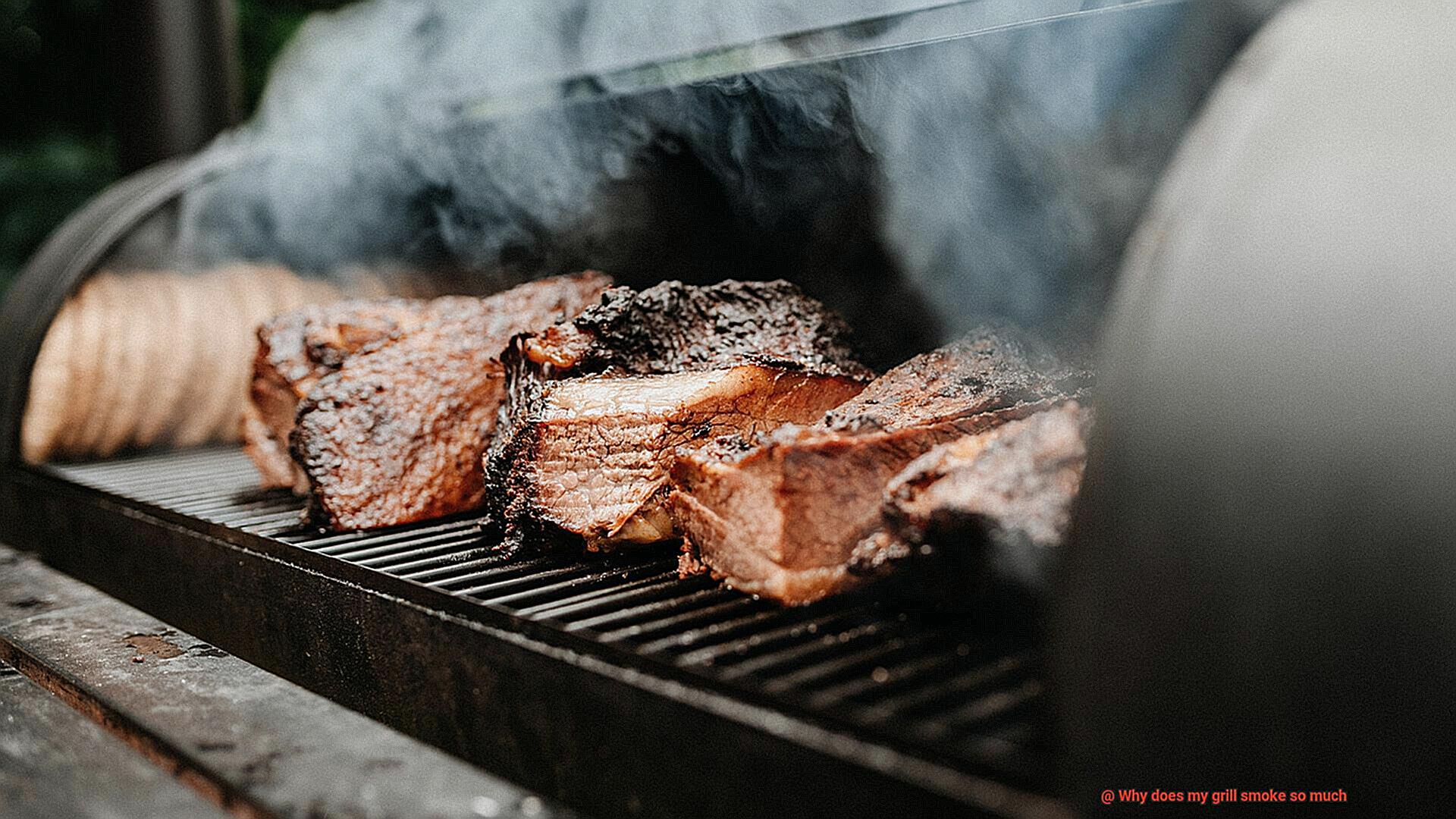
Lastly, regular cleaning can extend the life of your grill. If grease and food residues build up over time, they can corrode and damage the metal parts of your grill, leading to rust and other problems. Nobody wants to have to replace their grill prematurely.
Now that we know why it’s essential to clean our grills regularly, let’s talk about how to do it. It’s simple:
- Remove the grates and soak them in warm soapy water for at least 30 minutes.
- Use a stiff-bristled brush to scrub away any food residue and grease from the grates.
- Rinse the grates thoroughly and let them dry completely before returning them to the grill.
- Clean the inside of the grill by using a scraper or spatula to remove any large pieces of food or debris.
- Use a grill brush to scrub away any remaining residue from the walls, ceiling, and floor of the grill.
- Use a damp cloth or paper towel to wipe down these surfaces.
- Clean the drip pan or tray underneath the grill by removing it and washing it with warm soapy water. Rinse it thoroughly and let it dry completely before returning it to the grill.
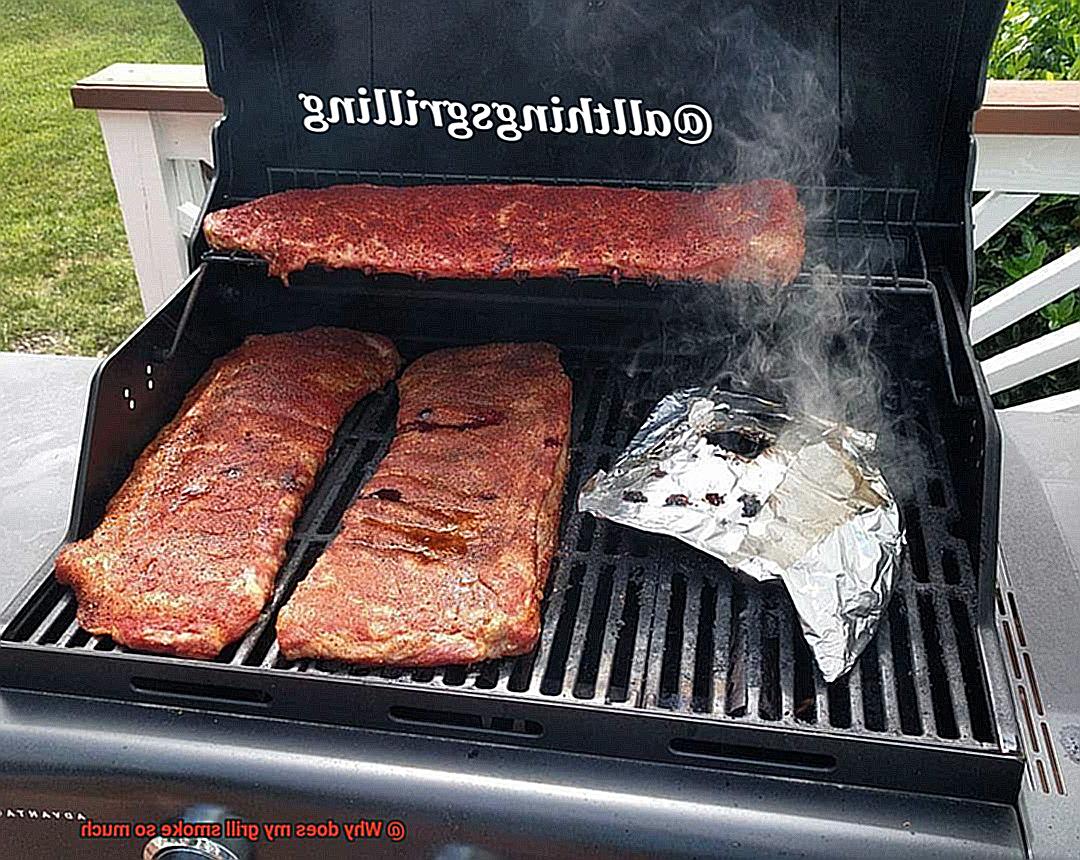
Using Dry Wood Chips and Soaking Them in Water
As a grill enthusiast, I’ve experimented with this technique and can attest to its potential benefits and drawbacks.
Firstly, soaking your wood chips in water before placing them on the grill can prevent excessive smoke production. This is especially crucial for indoor grilling or small spaces where smoke can quickly become overwhelming. The water creates much-needed steam that adds moisture to the cooking environment, keeping your food from drying out.
But the advantages don’t stop there. Infusing your food with delicious flavors is another benefit of soaking your wood chips. Depending on the type of wood you use, you can add subtle hints of apple, cherry, hickory, or mesquite to your dishes. It’s a simple way to elevate your grilling game without adding any extra ingredients.
However, there are potential drawbacks to using wet wood chips. The moisture can cause the temperature of the grill to drop, so monitoring it is crucial. Soaking your wood chips too long can lead to an overabundance of steam, which may result in soggy food.
To ensure a successful grilling experience, monitor the temperature and smoke production closely. And don’t forget to clean your grill regularly to maintain its flavor and lifespan – check out our previous section content for tips on how to do so.
Adjusting the Temperature and Using a Drip Pan
I have two simple yet effective solutions to reduce smoke production and elevate your grilling game – adjusting the temperature and using a drip pan.
Temperature control is key when it comes to grilling. To prevent excessive smoke, regulate the temperature of your grill by adjusting the vents. Too high? Close them partially to restrict oxygen flow. Too low? Open them fully to allow in more oxygen. It’s like a dance with your grill, finding the perfect balance for that perfect sear.
Now let’s talk about the drip pan. This unsung hero catches any drippings from your food while it’s on the grill, preventing them from burning and producing smoke. No more flare-ups or burnt-tasting food. Plus, it keeps your food moist and juicy. Make sure your drip pan is large enough to catch all the drippings and avoid any overflow. And here’s a pro tip – add water, wine, or beer to the pan for some extra flavor and to keep your food from drying out.
Trimming Off Any Excess Fat Before Grilling
It’s all about trimming off any excess fat before grilling. As an expert on this matter, let me break down why this step is crucial for a successful grilling experience.
First and foremost, trimming off excess fat reduces the amount of smoke produced by your grill. Imagine trying to cook with thick smoke surrounding you – not ideal, right? Excess fat drippings from meat and other foods can cause smoke to billow up, which not only makes it difficult to cook but also ruins the flavor of your food. So, grab your trusty knife and trim off any visible fat before firing up the grill.
But wait, there’s more. Trimming off excess fat also makes your food healthier and more flavorful. Fat can cause flare-ups, which can be dangerous when dealing with an open flame. Plus, consuming excess fat can lead to health issues down the road. So, make that extra effort to trim off any excess fat and enjoy a healthier meal.
Now, let’s talk about how to avoid excess fat altogether. One way is to choose lean cuts of meat or poultry when shopping for ingredients. Not only are they healthier, but they also tend to be more budget-friendly. You can also marinate your food before grilling to add flavor without adding additional fat. And if all else fails, using a drip pan or foil tray underneath your grill can help catch any excess fat and prevent it from causing smoke.
To sum it up, trimming off any excess fat is a quick and easy step that can greatly improve your grilling experience. Here’s a list of benefits to motivate you:
- Reduces the amount of smoke produced
- Makes your food healthier
- Makes your food more flavorful
- Prevents dangerous flare-ups
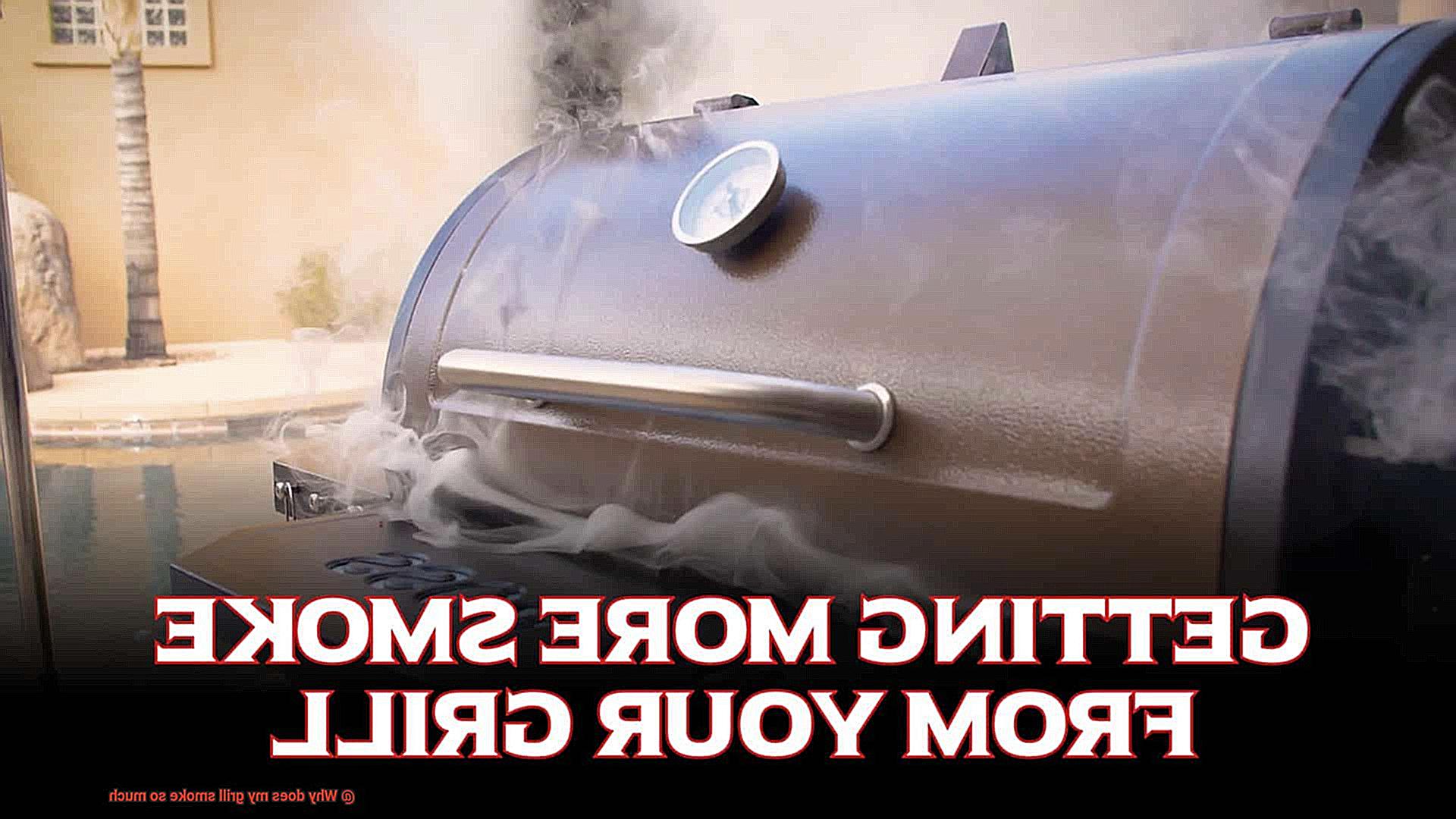
iaKwEQHuFqg” >
Also Read: Why Is Traeger Grill Pellet Box Smoking Too Much
Conclusion
Summer is synonymous with backyard barbecues and grilling up a storm. But what happens when your grill starts producing excessive smoke, leaving you coughing and gasping for air? Fear not. Understanding the factors that contribute to smoke production can help you achieve that delicious smoky flavor without ruining the experience.
The type of fuel used plays a significant role in smoke production. Charcoal is notorious for producing the most smoke, while propane and natural gas burn clean but can still produce excess smoke from food drippings. Careful temperature control and wood chip selection are necessary when using charcoal, while frequent cleaning and even heating are essential for natural gas.
Temperature control is another critical factor in preventing excessive smoke. A grill that’s too hot or not hot enough can cause drippings to burn quickly, leading to more smoke production. Using a thermometer to monitor the temperature accurately and adjusting the vents accordingly is crucial.
Controlling flames is also paramount in preventing excessive smoke production. High flames can cause excess smoke, which means adjusting the vents on your grill to regulate airflow and keeping the lid closed as much as possible helps prevent this issue.
By implementing these practical tips such as cleaning your grill regularly, adjusting temperature control, using a drip pan to catch excess drippings, trimming off any excess fat before grilling, you’ll reduce smoke production while still achieving that mouthwatering smoky flavor.

